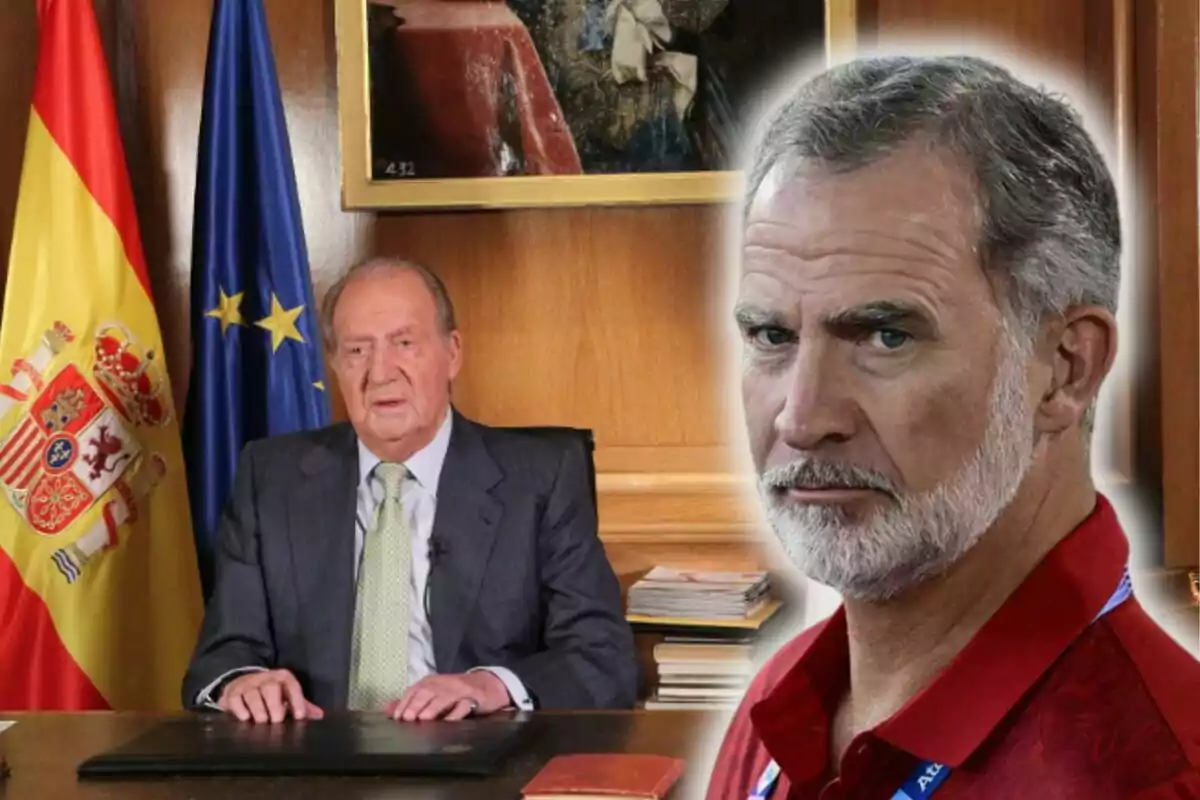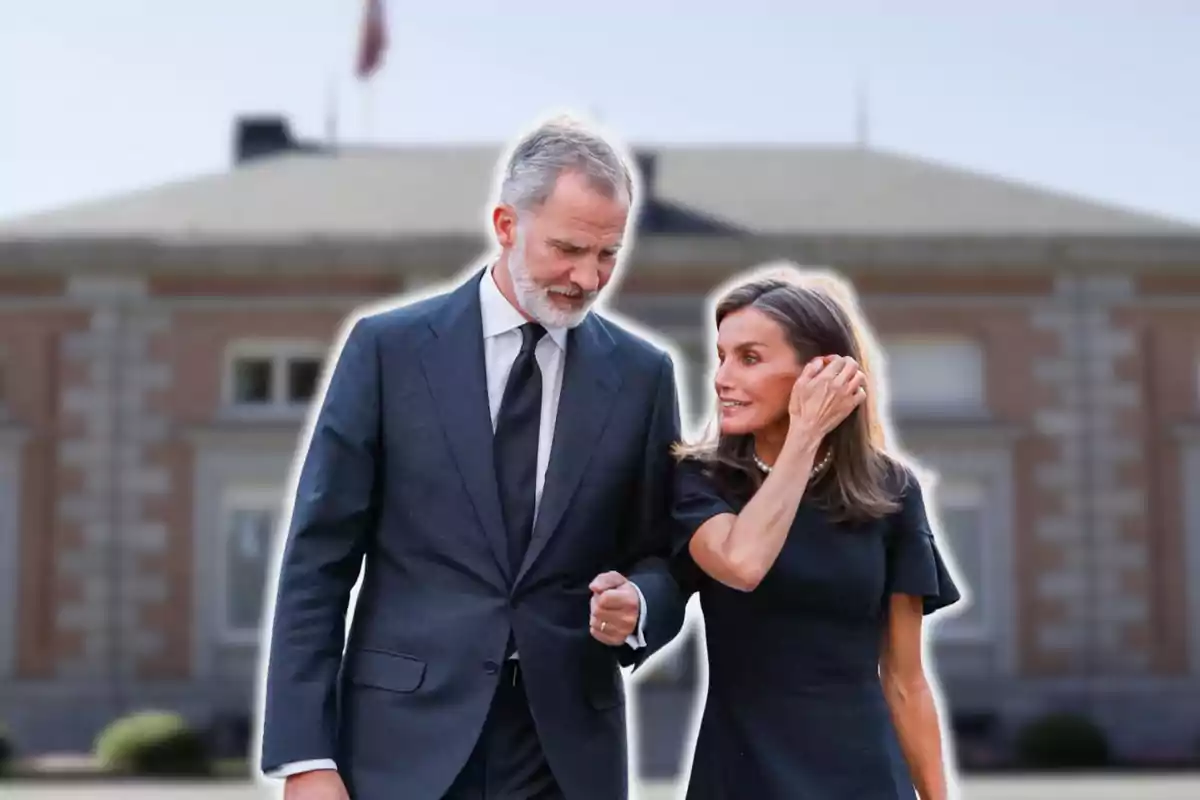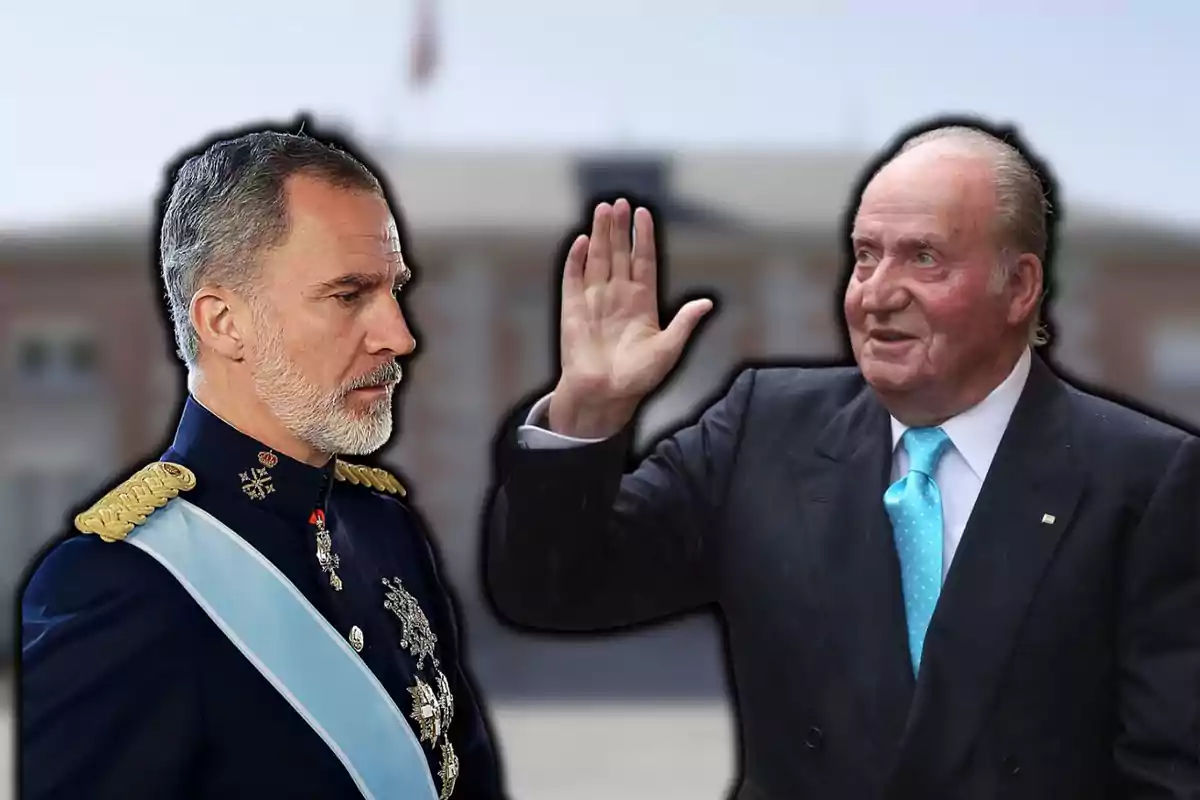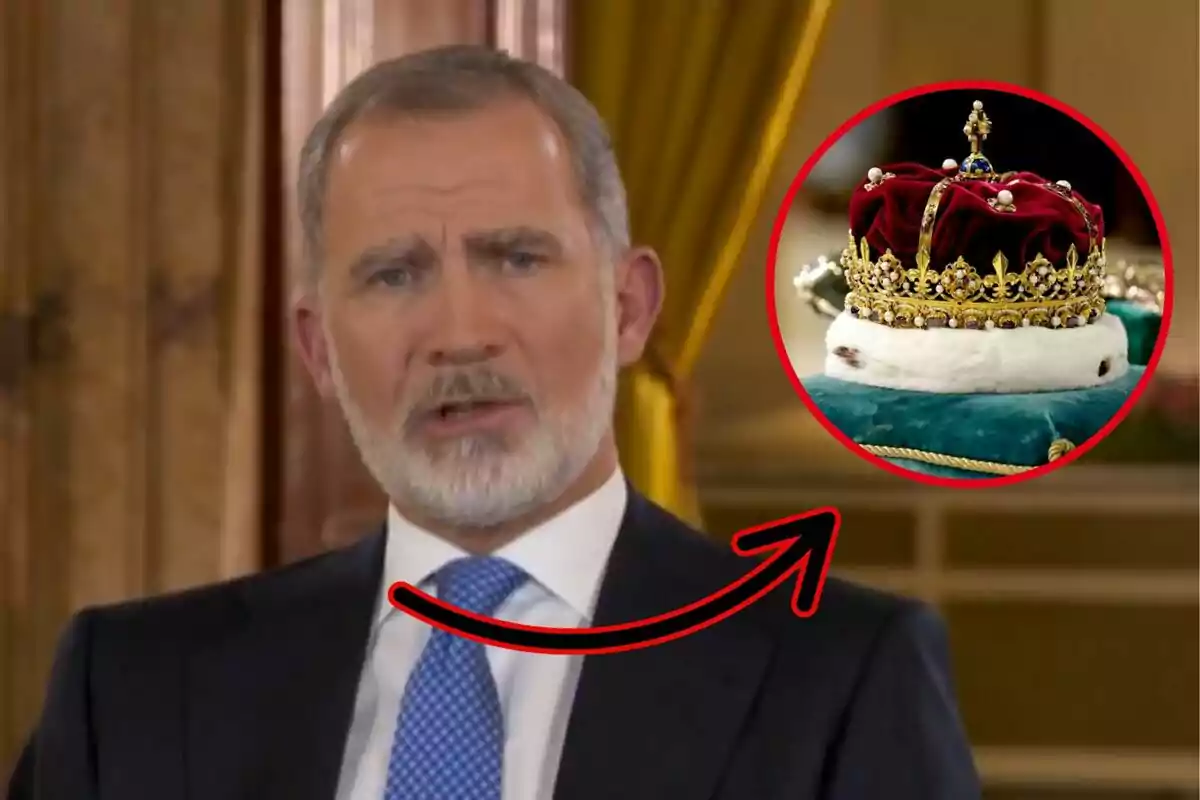On June 19, 2025, coinciding with the eleventh anniversary of his proclamation as king, Felipe VI surprised by granting, for the first time in his reign, six noble titles. Among them, prominent figures from sports, music, activism, and science received marquisates. However, some observers have focused on an alleged "discrimination" against the scientific community. How true is this?
Titles, names, and much controversy
The king named former tennis player Rafael Nadal Marquis of Llevant de Mallorca, in recognition of his emblematic career. Others received similar distinctions:
Luz Casal as Marchioness of Luz y Paz. Teresa Perales, Marchioness of Perales. Cristina García Rodero, Marchioness of Valle de Alcudia.

Included in the list, and also deserving of a title, is biochemist Carlos López Otín, named Marquis of Castillo de Lerés. However, his distinction is for life only, not hereditary.
It is precisely this peculiarity that has given rise to criticism: while the titles of the other honorees can be passed on to their heirs, López Otín's can't.
Why for life only?
The Royal Household clearly justifies this difference: Otín expressly requested that his title not be hereditary, explaining that his children "know well that they'll find their place in the world through their work and daily effort." Media outlets highlight this nuance as a gesture of humility and personal coherence, not as a sign of discrimination against science.

In addition, it is emphasized that the financial remuneration for the titles is zero, and the regulations establish that only those with a lifetime character are not automatically inherited.
Reactions on social media
On Twitter and Instagram, followers of science and culture applauded that a prestigious researcher like Otín received noble recognition. There were also criticisms: some argued that making the title non-hereditary could suggest that science didn't deserve to continue over time. However, analysts point out that this lifetime recognition reflects exactly the opposite: the strength of individual merit in the knowledge era.
The professor's own official account shared his gratitude and explained his decision, highlighting the symbolic value of the title as encouragement for future generations.

Precedents of the emeritus king
Felipe VI exercised this constitutional prerogative without precedent since his accession in 2014. Until now, he had only reinstated historical titles, but never promoted new ones. The contrast with his father is notable: Juan Carlos I granted more than 50 titles in four decades.
By granting these distinctions to personalities from sports, science, music, and art, the king underscores a message: modern nobility is rooted in excellence, service, and talent.
a clear discrimination
The accusation of discrimination is clear: Otín's title is a strong personal recognition, without renouncing merit. He himself requested it as a lifetime title, rejecting any hereditary link. The rest of the awardees will pass on their titles, a matter that responds to legal norms and individual requests, not to the profession of each honoree.

